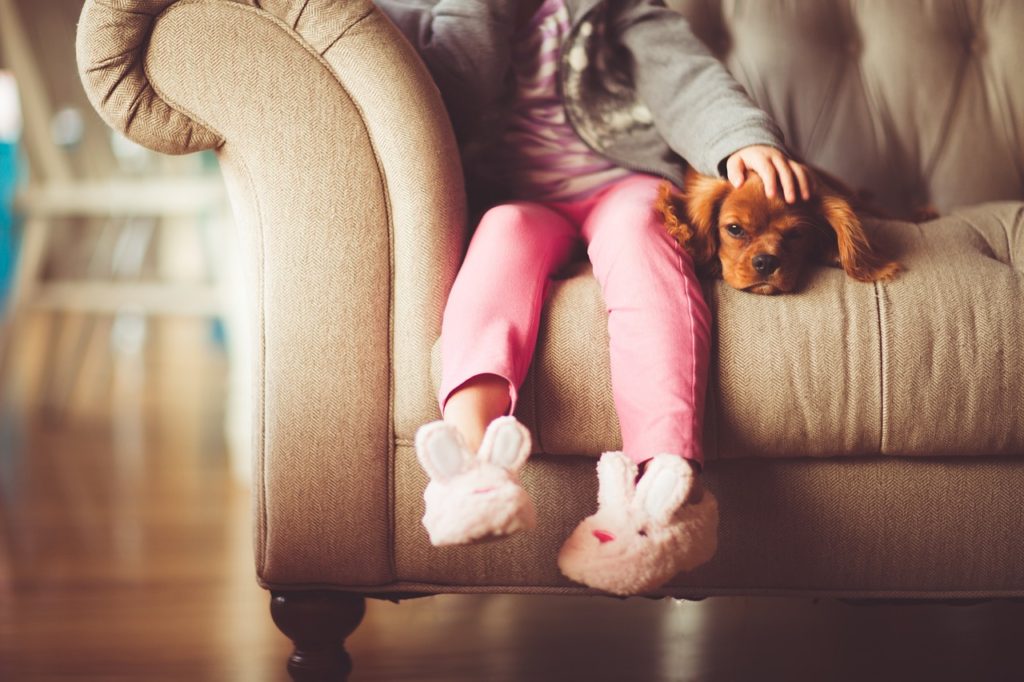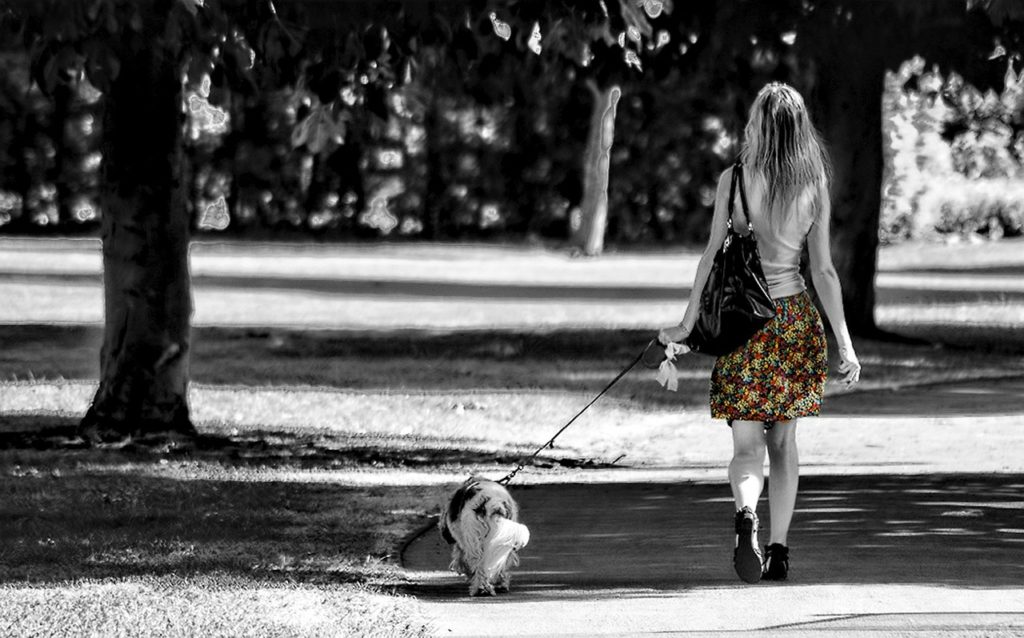
The biggest factor to consider when trying to train an old dog is its training history. An easy thing to figure out if you’ve had the dog its whole life. But if you adopt the dog from someone else, or from a shelter, ask about training. If they’re unsure notice if the dog seems to be enjoying the process or not. If the dog is engaged, stick with it. If it’s ignoring you and taking a nap, it’s best to leave this one alone.
Also, keep in mind any physical limitations that might make training difficult for the dog. Talk with your veterinarian before attempting any training and let them know your goals. Your vet will give you realistic expectations on what your dog should and shouldn’t be asked to do. For example, if you’d like to take up running with the dog, ask your vet about join pain and issues that may arise. Keep an eye on the dog’s behavior when trying anything new. My old dog used to tug on its leash when it had enough physical exercise, especially as it got older and developed arthritis.
If you’ve had the dog for a while and have reinforced certain behaviors, don’t expect that to change easily. Younger dogs are a blank slate, while older dogs have absorbed a lot from humans. In some cases, they might have absorbed bad habits. My old dog as a puppy used to run and jump and greet visitors. As she became older we changed that behavior. She still wanted to act like a happy puppy, but her joints made it more painful for her. Instead, we would gradually introduce her to familiar company while she was in her cage. It gave her a chance to calm down and taught her not to run up to everyone that came into the house. The better communication that you have teaching a dog something new, the easier it will be for them to understand why things have changed.
In most cases older dogs are already potty trained. But if your dog isn’t housebroken it can be frustrating. Aside from any incontinence issues, an older dog should have a good bladder. Start by training in a cage for the best results. It can be difficult if you don’t know the dog’s history but get to know the animal and its anxiety levels. Be encouraging and patient. That, combined with a good cage will give the dog more confidence and it will pay off in the long run.
Have an older dog? Don’t forget to get an exam! We’ll work with you to develop a good training plan for any older dog and let you know what you can expect.
For more pet tips, news and information like our Facebook page today!


